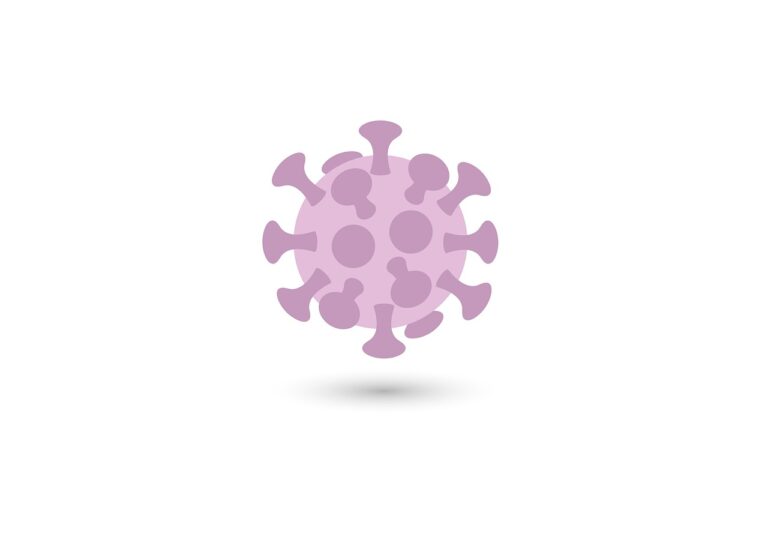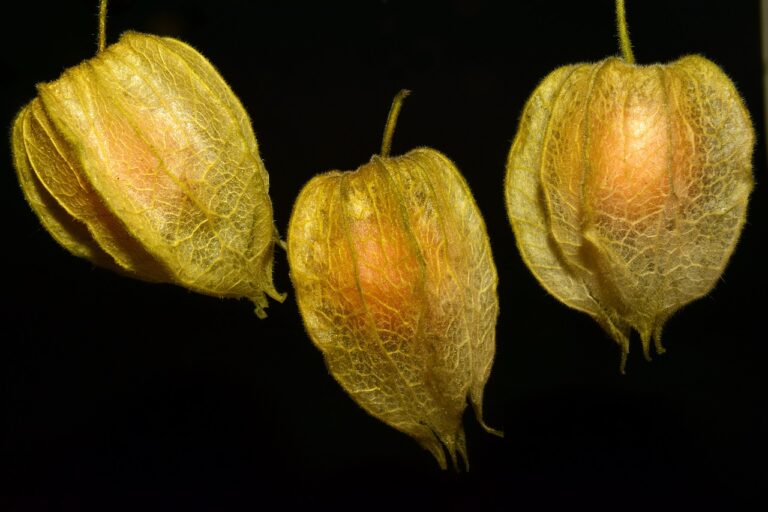The Promise of Gene Therapy for Rare Diseases: Goldenexch99, Cricbet99 club.com, King567 login
goldenexch99, cricbet99 club.com, king567 login: Gene therapy holds immense promise for the treatment of rare genetic diseases that affect a small percentage of the population. These diseases are often debilitating and life-threatening, with limited treatment options available. However, with the advancements in gene therapy technology, there is new hope for patients and their families.
What is Gene Therapy?
Gene therapy is a revolutionary approach to treating genetic disorders by correcting or replacing faulty genes. This can be achieved by delivering healthy genes into the body to replace the mutated genes responsible for the disease. Gene therapy has the potential to provide long-lasting or even permanent relief from symptoms, offering a cure where traditional treatments fall short.
Advantages of Gene Therapy for Rare Diseases
1. Precision Medicine: Gene therapy is tailored to each patient’s specific genetic makeup, allowing for personalized treatment approaches that target the underlying cause of the disease.
2. Potential Cure: Gene therapy has the potential to provide a one-time treatment that can correct the genetic defect, offering a cure for rare diseases that were previously untreatable.
3. Improved Quality of Life: By targeting the root cause of the disease, gene therapy can alleviate symptoms and improve the quality of life for patients living with rare genetic disorders.
4. Reduced Healthcare Costs: While gene therapy may have a high upfront cost, it can lead to long-term savings by reducing the need for ongoing treatments and hospitalizations associated with rare diseases.
Challenges and Limitations
Despite the promise of gene therapy, there are still challenges to be overcome. Some of the limitations include:
1. Safety Concerns: Gene therapy can have potential risks and side effects, such as immune responses or unintended gene mutations.
2. Regulatory Hurdles: The approval process for gene therapy treatments can be lengthy and complex, delaying access to potentially life-saving therapies for patients.
3. Cost: Gene therapy treatments can be costly, making them inaccessible to many patients who may not have insurance coverage or financial resources to afford the treatment.
FAQs about Gene Therapy for Rare Diseases
1. How does gene therapy work?
Gene therapy works by delivering healthy genes into the body to replace or correct mutated genes responsible for genetic disorders.
2. Are gene therapy treatments safe?
While gene therapy has the potential for adverse effects, ongoing research is focused on improving safety and minimizing risks associated with treatment.
3. What rare diseases can be treated with gene therapy?
Gene therapy is being explored as a treatment for a wide range of rare genetic diseases, including muscular dystrophy, cystic fibrosis, and sickle cell anemia.
In conclusion, gene therapy holds immense promise for the treatment of rare genetic diseases, offering a personalized and potentially curative approach to managing these debilitating conditions. While challenges still exist, ongoing research and advancements in technology are paving the way for a brighter future for patients living with rare genetic disorders.







